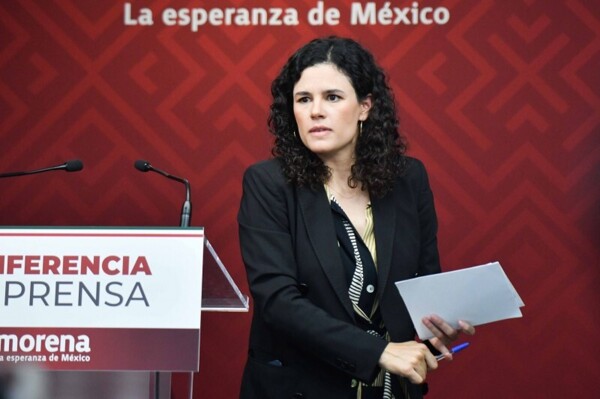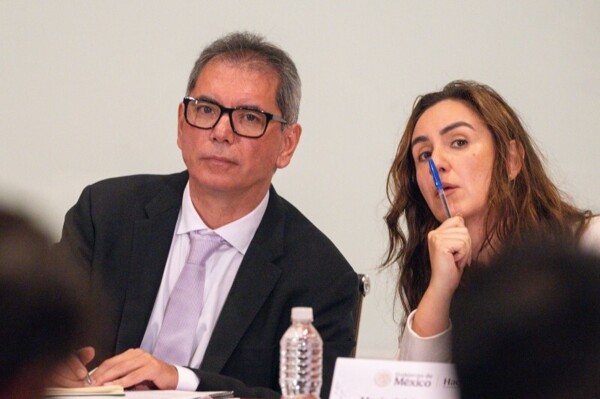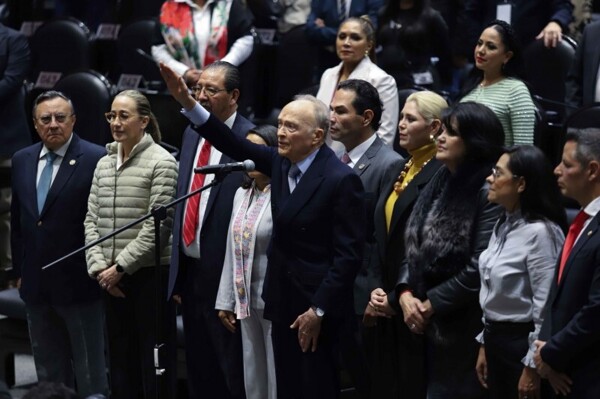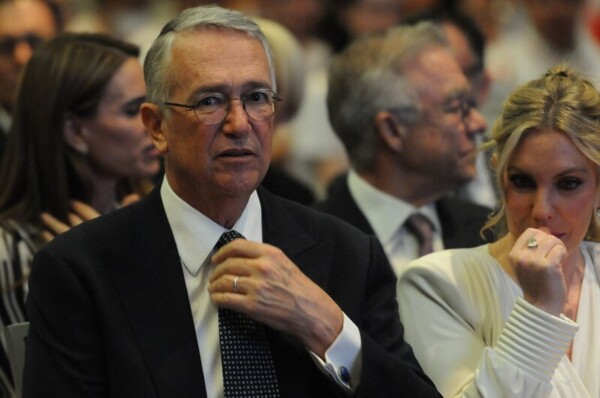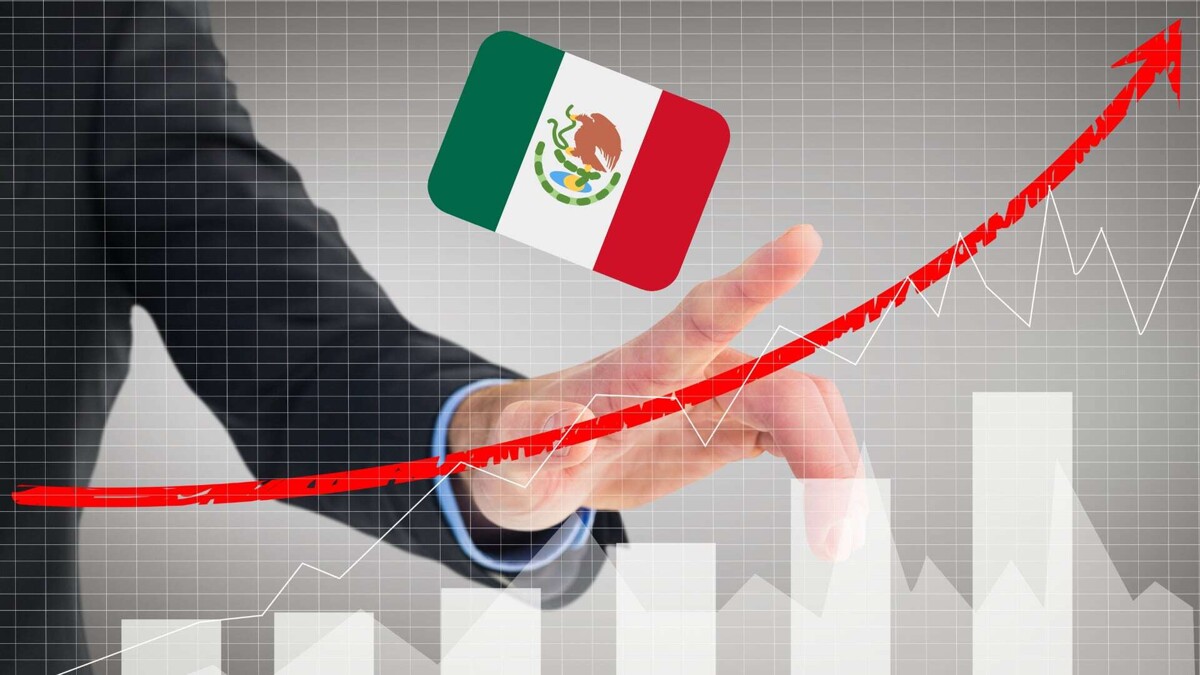
Mexico's national sovereignty is facing significant challenges, especially regarding decisions that may conflict with the interests of the United States. In this context, the country is immersed in what has been termed the third perfect storm, which relates to a shift in the Mexican political regime.
One of the challenges for Mexico is having to redefine its foreign policy to balance its relations with different blocs of power, given the rapid geopolitical transformation that has occurred, especially since President Trump's second term. These three perfect storms, which include the change of era, geopolitical rearrangements, and the transformation of the regime, demand strategic responses to seize opportunities and mitigate risks.
In the current international scenario, where conflicts such as the war in Ukraine, issues in the Middle East, and the global energy crisis have altered the priorities of major powers, Mexico finds itself in a delicate position. The task will be to find a balance between modernization and sovereignty, global integration and democratic stability, with the aim of ensuring sustainable and inclusive development in the coming years.
At the national level, the country is in a crucial moment in its contemporary history, in which the transition to a multipolar world, the emergence of new powers, economic nationalism, and competition between the United States and China are determining factors. For Mexico, these changes represent both challenges and opportunities, reflected in the renegotiation of the USMCA and pressures from Washington on issues such as the fight against drug trafficking and migration.
The "Fourth Transformation" being promoted in Mexico aims to redefine the government model, questioning the role of the state in the economy, the structure of public powers, and the strengthening of presidentialism. In this regard, the main challenge for Mexican society is to ensure the solidity and functionality of democracy, which in turn will contribute to the stability and development of the country.
In summary, Mexico stands at a historical crossroads where the relocation of supply chains presents growth opportunities but also the need to ensure legal security to attract investments. It is essential to understand the current context and have clear future directions to make sound decisions for the benefit of the country and its population.











